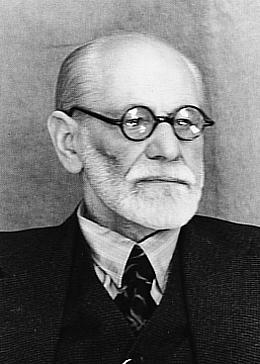Edward Thorndike:
1. Explain Thorndike's puzzle-box experiment.
Thorndike put an animal in a box and the animal had to get out of the box to get to the food. The animal would try different things and all of them would fail. Then, the animal would accidentally find the way out. On next trials the animal would find the way out faster and faster.
2. Explain Thorndike's "Law of Effect".
2. Explain Thorndike's "Law of Effect".
It states that the animals tend to do something again when that thing gives them pleasing results.
3. Explain Thorndike's "Law of Exercise".
3. Explain Thorndike's "Law of Exercise".
It states that stimulus response associations are strengthened through repetition.
B.F. Skinner:
1. Explain Skinner's concept of Operant Conditioning
It states that the behavior is based on past behaviors and its consequences.
2. What does reinforcement always do?
2. What does reinforcement always do?
It makes the behavior occur with more frequency.
3. What does a punishment always do?
3. What does a punishment always do?
It causes behavior to occur less frequently.
4. Explain the difference between "positive" and "negative" as they are used in operant conditioning.
4. Explain the difference between "positive" and "negative" as they are used in operant conditioning.
Positive reinforcement is when there is a reward for a behavior and negative reinforcement is when there is a removal of an unpleasant stimulus. Positive punishment is when something unpleasant is added to decrease the frequency of the behavior. Negative punishment is removing something desired to decrease the frequency of the behavior.














